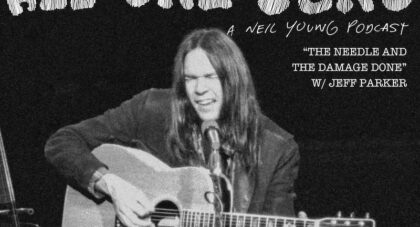Now in their 37th year as a working outfit, we connected with founding member and bassist Dave Schools from his home in northern California to discuss the evolution of Widespread Panic, the early influence of Athens, GA, collaborations, their DIY approach, touring, mentors and beyond . . .
Only the good shit. Aquarium Drunkard is powered by its patrons. Keep the servers humming and help us continue doing it by pledging your support.
To continue reading, become a member or log in.


